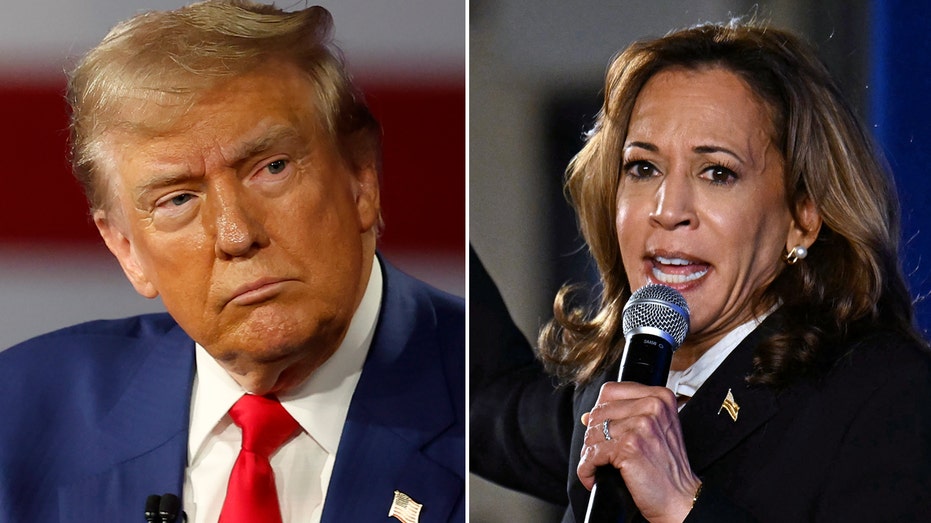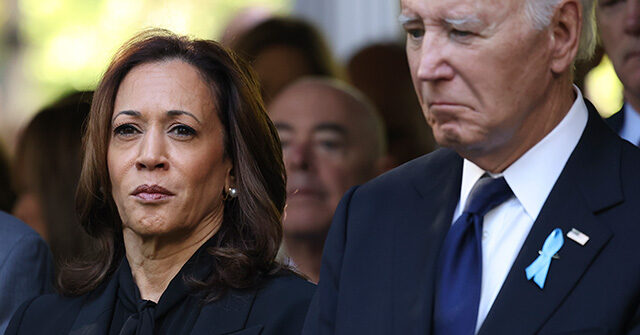J.D. Vance’s Point of Departure for Peace in Ukraine
A negotiated settlement is the most viable way to end the carnage. The post J.D. Vance’s Point of Departure for Peace in Ukraine appeared first on The American Conservative.

J.D. Vance’s Point of Departure for Peace in Ukraine
A negotiated settlement is the most viable way to end the carnage.

Ukraine’s President Volodymyr Zelensky recently spoke before the UN General Assembly and had meetings soliciting support from President Joe Biden, Vice President Kamala Harris, and allegedly even the Republican presidential candidate Donald Trump. Nevertheless, whether help is forthcoming or not, the war appears to be stalemated with no end in sight.
The Republican vice-presidential candidate, J.D. Vance may have earlier hit upon a viable policy proposal. True, Vance’s proposal started out shakily by saying that the United States’ continued support for the NATO alliance hinged on the European Union not regulating Elon Musk and his social media platform X. Vance argued, “So what America should be saying is, if…NATO wants us to continue to be a good participant in this military alliance, why don’t you respect American values and respect free speech.” Elon Musk may very well have good free-speech arguments with the European Union over his platforming of Donald Trump, but linking US foreign policy with the issue is a mistake; it reeks of special pleading for a quirky billionaire who is a supporter of the presidential candidate.
During the same interview, however, Vance suggested a proposal to end the war in Ukraine worth discussing: that the fighting stop where both sides’ troops are currently on the battlefield and a fortified demilitarized zone set up to prevent Russia from invading again. Ukraine would be guaranteed its sovereignty in exchange for its territory occupied by Russia and its neutrality—that is, it would not be admitted to NATO. Finally, Vance argues that Germany would need to fund Ukraine’s reconstruction.
At the very least, Vance’s proposal should be a jumping-off point to a more realistic discussion of an end to the Ukraine war, which has been devastating to Ukraine and increasingly costly to Russia (an estimated 600,000 casualties). Putin’s naked aggression against a non-threatening Ukraine must be vigorously condemned, and it is understandable that Ukraine wants all its territory back. Yet Vance seems to argue correctly that the huge costs of continuing a massive but largely stalemated war for even wealthy countries, such as the Untied States and Europe, is untenable in the long term, especially when Russia, which is much more locally potent (in fighters, equipment, and resources), has the advantage in a continuing war of attrition. Even now, despite the horrendous Russian casualties, Ukraine seems to be straining much more than Russia to get desperately needed fighters to the battlefield.
The United States and Europe have the leverage to convince the Ukrainians, behind the scenes, to reach the realistic conclusion that they are not going to get all their territory back and that a negotiated settlement to the conflict is needed. What may provide both warring countries a fig leaf for any result that doesn’t meet nationalistic expectations would be holding referendums in the occupied territories of Ukraine and now Russia to determine which government the largely Russian speaking people there would like to live under. These would need to be internationally monitored referendums, not the sham ones the Russians earlier conducted there under military occupation and intimidation.
Vance is correct that Ukraine should retain its independent and neutral sovereignty but not be admitted to NATO. The foreign policy elites of the United States and Europe have had a hard time processing that Russia, invaded many times from the West, feels threatened by a hostile alliance expanded up to its borders. The United States likely would vigorously oppose Mexico or Canada entering an anti-U.S. alliance with Russia or China.
The other concept that Joe Biden and the US foreign policy elite have never processed is that alliances are not ends in themselves, but a means to security. If war erupts again between Ukraine and Russia—as it did in 2014 and 2022—and Ukraine is a member of NATO, the United States would be obligated under Article V of the treaty to directly come to Ukraine’s defense against a nuclear-armed great power. Dragging the United States into an unneeded and potentially cataclysmic war with Russia would hardly improve American security. And because the fate of Ukraine and Russia are less strategic to the faraway United States than to nearby Europe, Vance is right that Germany (and other wealthy European nations) should foot the bill for reconstruction.
The post J.D. Vance’s Point of Departure for Peace in Ukraine appeared first on The American Conservative.
What's Your Reaction?















